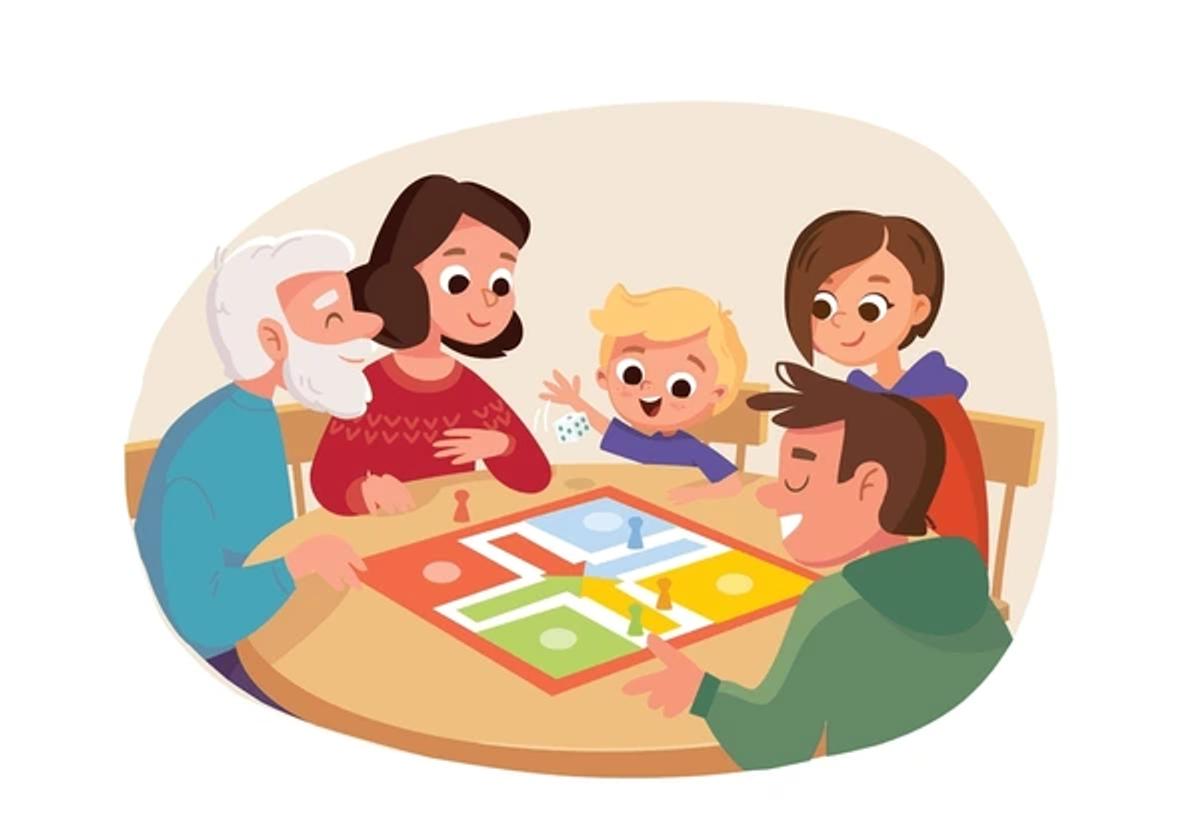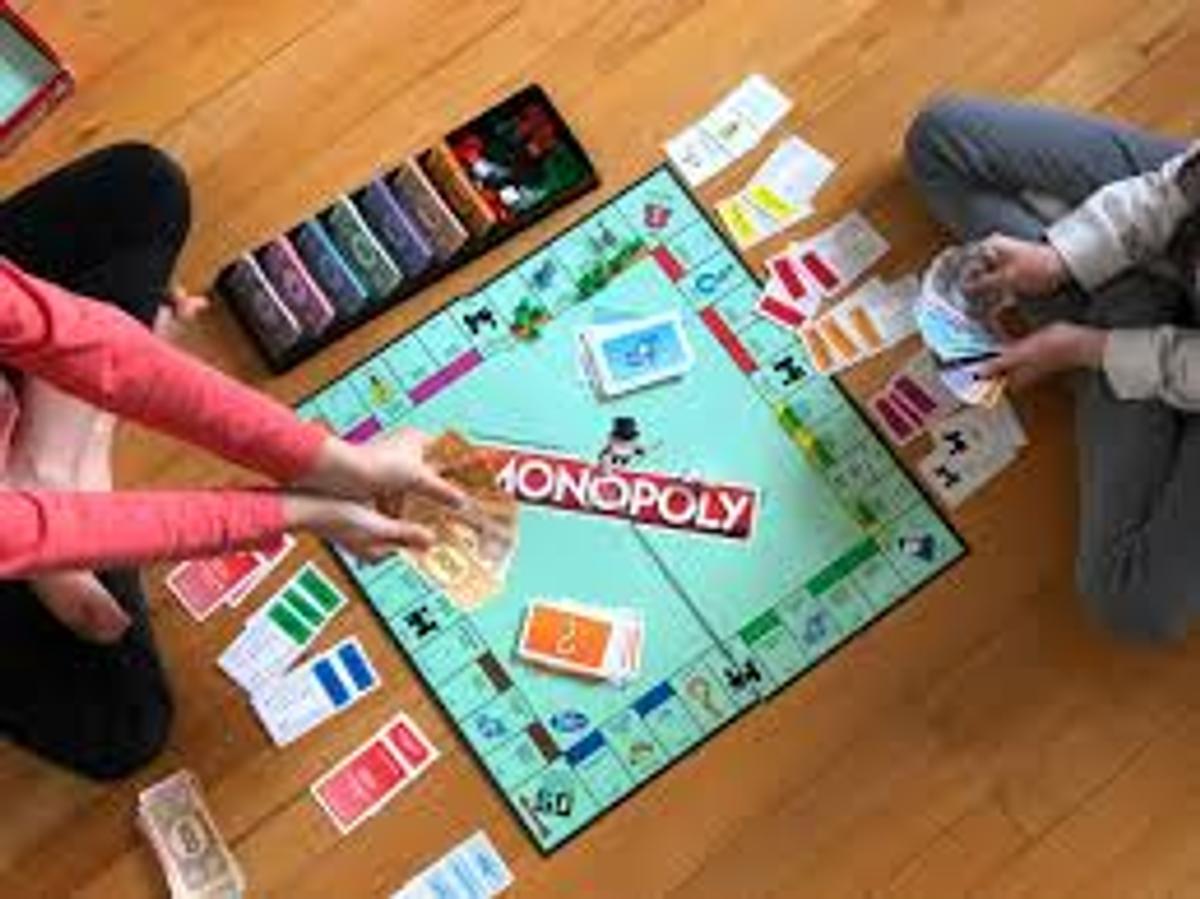Fair Play for Children

What is playing fair for children?
Playing fair is about learning and using the rules of the game and putting them into practice – whether they’re special family rules for card or board games, or the rules at Saturday sport.
Fair play is also about learning social skills, like cooperating, taking turns, being polite, solving problems and being flexible.
The following information is from the Raising Children's Network.
How to help children with playing fair: tips
You can use these tips to help children of any age learn about playing fair and enjoying the game.
Consider the age of your child
Your child will learn about fair play more easily when the game is suitable for their age. For example, children younger than 6-7 years find it hard to understand formal rules. Simple games that give each child a turn can work well for younger children – for example, ‘Snakes and ladders’. Short waiting times can help too.
Give your child the chance to play a variety of games
The more experience and practice the better. Try board and ball games, competitive games of skill like chess, competitive games of chance, and cooperative games like charades. Even make-believe games can help your child practise taking turns.
Find a range of playmates
It’s good for your child to play with children who are older or younger. For example, your child can look after younger children and show them the rules. Older children can also be good role models for younger children.
Go over the rules of the game
Before the game starts, make sure everyone knows what the rules are and how they make the game fair. You might also need to gently remind your child of the rules as you play.
Practise social skills
These skills include taking turns or congratulating other people when they win.
Encourage your child to have a say in the rules
If you’re playing a game with flexible or made-up rules, ask your child what the rules should be. For example, ‘If the ball goes out of bounds, what do you think should happen?’ If your child feels they’ve had a say in the rules, they’re more likely to follow them.
Give feedback
Praise your child for sharing, taking turns and other examples of playing fair. Point out what your child did well. For example, ‘I thought it was great the way you shook hands with the other team at the end of the game’.
What to do when children aren’t playing fair
Here are ideas for those times when your child is finding it hard to play fair:
- Take your child out of the game and tell them calmly and clearly what they can do to play fairly. For example, ‘The rules say that you can have only one throw each turn. It’s important that everyone follows the rules’.
- Handle the challenging behaviour if it continues. For example, you might have to sit your child out of the rest of the game, and talk with them later when they calm down.
- Talk with your child about their feelings and what they should do next time. Before your child plays the next game, you could try setting some ground rules. For example, ‘If you complain about the rules, I’ll have to stop you from playing the game’.
- Remind your child that games are about having fun, not about winning or losing.
- If your child is boasting about winning, try praising them for their efforts in other areas – for example, for cooperating with others, sharing or being helpful.
This information was published on the Raising Children's Network
Catherine Osadnik
Wellbeing Leader


